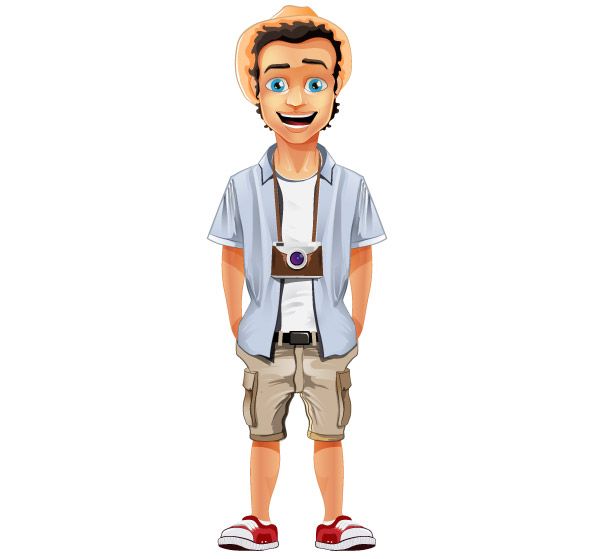
 Data Structure
Data Structure Networking
Networking RDBMS
RDBMS Operating System
Operating System Java
Java MS Excel
MS Excel iOS
iOS HTML
HTML CSS
CSS Android
Android Python
Python C Programming
C Programming C++
C++ C#
C# MongoDB
MongoDB MySQL
MySQL Javascript
Javascript PHP
PHP
- Selected Reading
- UPSC IAS Exams Notes
- Developer's Best Practices
- Questions and Answers
- Effective Resume Writing
- HR Interview Questions
- Computer Glossary
- Who is Who
State the differences between copyright and patent
In simple words a patent is nothing but securing an invention and copyrights are nothing but securing original ideas. Both are governed by different rules and regulations
Copyrights
The main objective of copyright is to secure the original idea or expression of idea of an artist. An artist's work can be a computer program, music, song, movie or any original work. Example − a book written by a cook.
Others can't reproduce the same book or without permission of the book but however they can use the recipes used in it. To get copyrights, the artist first has to register with the respective government but pay nominal fees.
Copyrights have both moral and economic rights. Right to publish or copy or publish any substantial part of a book comes under economic rights. Right to integrity of work, listed authors come under moral rights.
Generally, copyrights are for 50 years or lifespan of copyrights is 50 years. If the author wants those rights after 50 years, he/she has to re-register to get those copyrights again.
Patent
Patent is nothing but the author takes permission to exclude others' use or sell or make the original work or invention. The main objective of a patent is to protect the original idea. New processes, chemicals, machines etc. will get patent rights.
To get the patent rights, the author has to register with respective government rules by aying nominal fees. The main requirements are that inventions must be novel, must be useful, must show ingenuity.
If any third party or other uses the original author content without prior permission of the original author, patent rights gives the original author the right to challenge legally in the court of law.
Generally, patent life is 20 years or lifespan of patent is 20 years after filing the date. If the author wants those rights again then he must re-register.
Differences
The major differences between a copyright and a patent are as follows −
| Copyright | Patent |
|---|---|
| Protects the original work done by any creator. | Proprietary rights are given to an inventor. |
| Others can't sell, use or perform the same work. | Others can't trade or utilise the invention. |
| Subjected to expressions. | Subjected to ideas. |
| Indian copyright Act 1957. | Indian patent Act 2005. |
| Covers works related to both artistic and literary. | Covers inventions. |
| No registration is required. | Registration is required. |
| Others can't copy or trade on products. | Others can't manufacture or make use of the respective product. |
| General time is for 70 years after the death of any creator. | General time is for 20 years, but the period may vary from country to country. |

